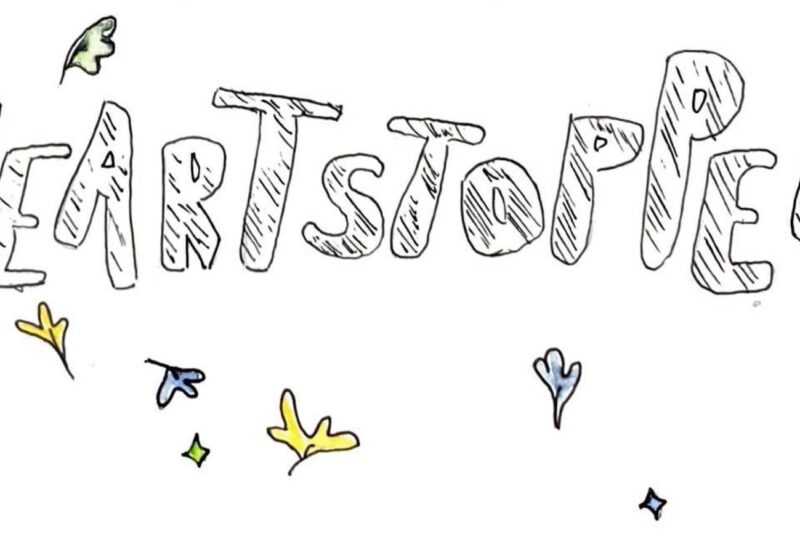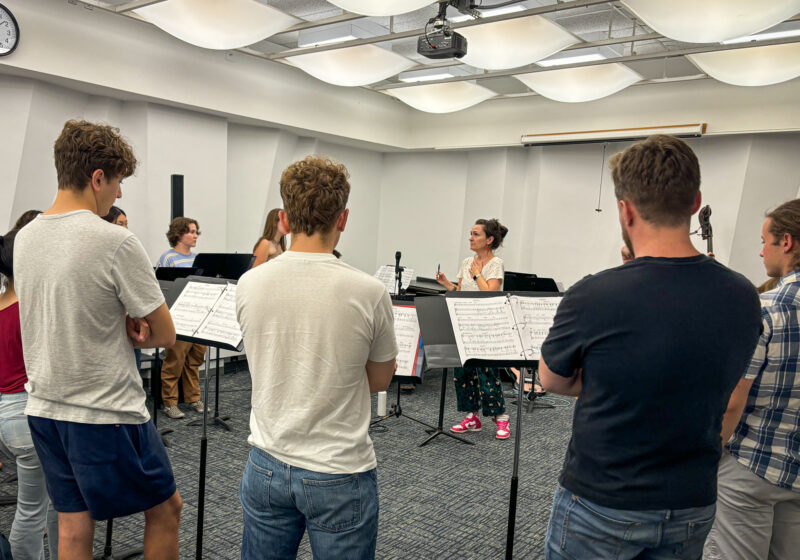Hello, reader! I hope your summer was wonderful or, at the very least, tolerable. I spent mine taking full advantage of my UR-provided HBO Go account. I finally had the time and the energy to really dive deep into a show. I landed on “Westworld” — the second season had premiered late in April, and I felt like the first half of my summer would be well spent investing my time in the maybe successor to “Game of Thrones.”
A disclaimer — if you want to go into watching the second season of “Westworld” without any preconceived notions, skip the next paragraph. I will see you soon. If you don’t mind learning how I feel about the season (with no plot spoilers, of course) then you’re all good.
So, reader, to be honest, this season was very confusing. So confusing that I had to listen to roughly two hours of podcasts each week to understand each episode. I first watched a 90-minute podcast that airs the day after each episode. In the first installation of “Westworld: The Recappables,” the hosts of the podcast went through all the moments of the episode. It featured cute banter between the hosts and proper, gratifying reactions to those shocking or poignant parts of the episode. The second podcast, which aired three days after, was 30 minutes long, during which the hosts speculated about crazy fan theories from the internet.
“Westworld” is one of those shows that has multiple big ideas all fighting for the attention of the viewer. Each miniscule detail could be a clue to an epic twist coming down the pipeline. The show asks you to go to the max — it asks you to obsess about every single detail. I was essentially drowning in material.
I know that if I didn’t have the podcast, I would have not only enjoyed the show less, but I might’ve even given up on it out of pure confused frustration. I also liked coming back to the same hosts week after week. They created a dialogue that caused me to look at the show differently. In the end, the podcast became as essential to this entertainment consumption process as the show itself.
This realization led me to the fact that these days it’s becoming more and more commonplace for people to consume the “star” content (a “Westworld” episode, a comic book movie, a sports game) and then also consume side content that talks about the star content (a podcast, a YouTube review, a postgame show). The star content is usually a more traditional media type like a movie or a TV show, while the side content comes from newer media, like YouTube videos, podcasts, or blogs. The question is, why do we do this?
With the sheer amount of content being created these days, it’s hard to find people who watch the same assortment of shows and movies as you. That means there’s a lot of people who want to get second opinions, but don’t have someone to talk to. So they turn to the internet.
If the star content is truly good, then it makes sense why one would want to lengthen the experience by enjoying the side content. People could say “well, maybe these people should go try to find people in person to talk to instead of online.” While I understand that point of view, I believe side content has evolved.
The side content has grown to serve purposes beyond just reviewing star content. The side content deeply analyzes content or features interviews with industry experts. As increasingly more content comes onto the side content market, creators keep improving their content to stay popular.
I’m not saying that the experience of consuming side content is better than discussing with friends or vice versa — they’ve just evolved to be two distinct experiences. Each one is a method of digesting content, and it’s only up to you, reader, to decide which method — if either — you prefer.




